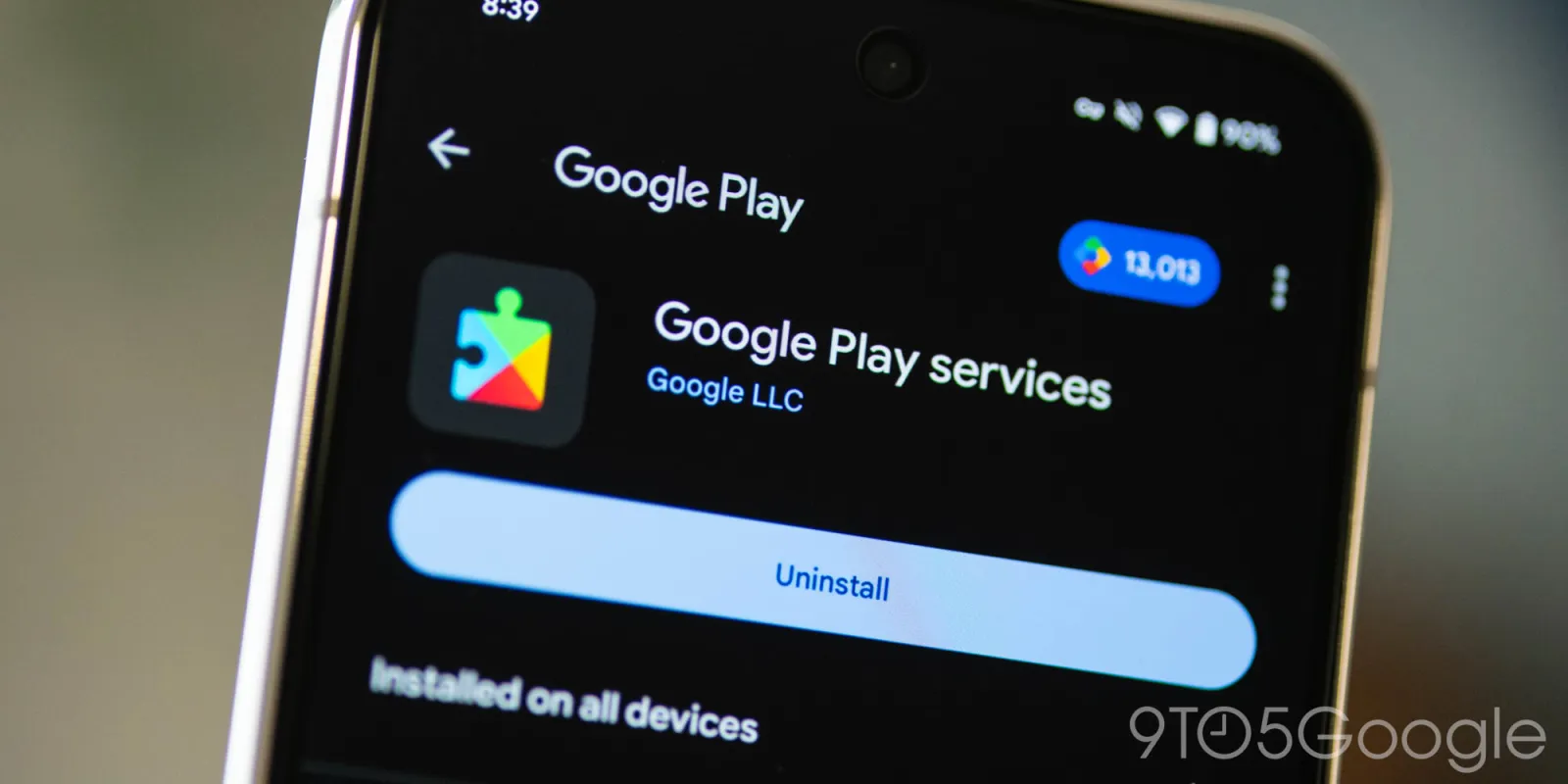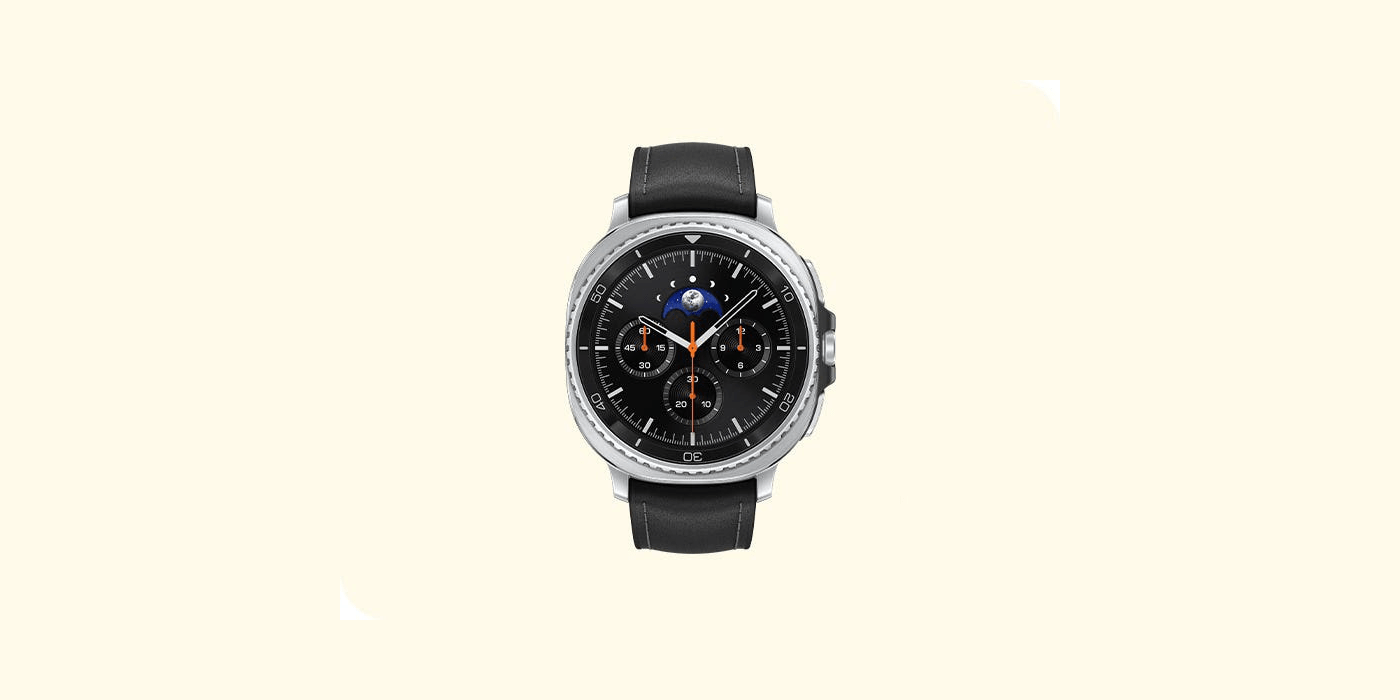Reading view
ChatGPT — the last of the great romantics
What’s new in Android’s July 2025 Google System Updates

The monthly “Google System Release Notes” primarily detail what’s new in Play services, Play Store, and Play system update across Android phones/tablets, Wear OS, Google/Android TV, Auto, and PC. Some features apply to end users, while others are aimed at developers.
more…Galaxy Watch 8 leak details full specs, included bands, and higher prices

We know a lot about the Galaxy Watch 8 series already, but a new leak is now baring all, with full specs and details around all three new smartwatches, including the higher prices.
more…Ready-made stem cell therapies for pets could be coming
Cyberpunk Edgerunners 2 will be even sadder and bloodier

In May, we learned that the development of a sequel to the Cyberpunk 2077 game is moving forward at CD Projekt Red, and today, at the Anime Expo 2025 event, it officially announced a new season of the anime spinoff for Netflix. Cyberpunk: Edgerunners 2 will have “…an entirely new story, fresh characters, and a raw, realistic take on the most dangerous city of the dark future.

The new season will be directed by Kai Ikarashi, who also directed episode six in the first season, “Girl on Fire.” There’s no word yet on when Cyberpunk: Edgerunners 2 will premiere, but they did show off this new poster artwork. A trailer will be shown later tonight during a panel at 8:30PM PT for the animation studio, Trigger.
Showrunner and writer Bartosz Sztybor said during Friday’s panel that for season one, “I just wanted to make the whole world sad… when people are sad, I’m a bit happy,” and that this new 10-episode season will be “…of course, sadder, but it will be also darker, more bloody, and more raw.”
A brief summary of the follow-up series tells fans what to expect following the end of David’s story in season one:
Cyberpunk: Edgerunners 2 presents a new standalone 10-episode story from the world of Cyberpunk 2077— a raw chronicle of redemption and revenge. In a city that thrives in the spotlight of violence, one question remains: when the world is blinded by spectacle, what extremes do you have to go to make your story matter?
From Cleaning Toilets to Becoming the CEO of a Trillion-Dollar Company: An Immigrant’s Tech Triumph
Happy Independence Day. On July 4, 2025, America marks 249 years since breaking away from British rule—a fight for freedom that reshaped history. But the real legacy of that freedom is what it makes possible today. Like a kid scrubbing […]
The post From Cleaning Toilets to Becoming the CEO of a Trillion-Dollar Company: An Immigrant’s Tech Triumph first appeared on Tech Startups.
Pilou Asbæk on Playing the Mule, ‘Foundation’ Season 3’s Terrifying Villain

The Mule arrives ready to spark some major chaos on Apple TV+'s Isaac Asimov adaptation.
Sam Altman Feels ‘Politically Homeless’ As Frenemy Musk Proposes Third Party

Politics can make for strange bedfellows.
Elon Musk Teases ‘Fireworks’ as Trump Signs His ‘Big, Beautiful Bill’

The Tesla and SpaceX CEO has already come out strongly against the legislation.
‘Jurassic World’ Characters Ranked, Based on How Much We Wanted Them to Get Eaten

'Jurassic World Rebirth' is now in theaters, and we consider who from this era of the franchise deserves to be chomped by dinosaurs the most.
New Gemini icon comes to Android and iPhone
Updates this week to the Gemini app on Android and iPhone introduce a new app icon that adopts the four Google colors.
more…Elon Musk Rekindles Trump Criticism, Attacks ‘Big, Beautiful Bill’

He's mad about adding to the debt but seems fine with kicking people off of healthcare.
Ethereum is powering Wall Street's future. The crypto scene at Cannes shows how far it's come
Microsoft is closing its local operations in Pakistan
What the Hell Just Happened to Spider-Gwen?

Marvel Comics is repivoting one of its most successful additions to the Spider-Canon of the last decade—and for better or worse, it's certainly weird.
Trump inaugural impersonators scammed donors out of crypto, feds say
Ninja 4-in-1 Air Fryer Pro Already Matches Last Prime Day’s Price, Stock Is Running Out Quickly

This 5 quart 4-in-1 contraption can help get dinner on the table in no time flat.
New Gemini icon comes to Android and iPhone
Updates this week to the Gemini app on Android and iPhone introduce a new app icon that adopts the four Google colors.
more…A rare look inside the durability lab where Apple tortures its products

Apple puts its products through a lot of tests during the development process, intended to ensure they have a long and reliable life even in challenging conditions. The company tests at least 10,000 iPhones prior to launch in an attempt to cover all the bases.
It’s not often the iPhone maker lets outsiders into its labs, but Apple invited some of those attending WWDC 2025 to visit one to see for themselves the conditions it expects its gadgets to survive …
more…